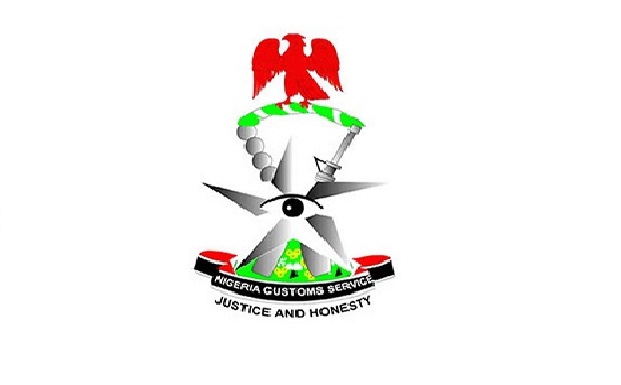According to NCS the implementation of a 4% FOB value charge on imported goods entered into effect because the Nigeria Customs Service Act (NCSA) 2023 authorized this action.
The import levy calculates the FOB value from the total expense of imported goods and their transportation costs extending to the port of loading.
Financial experts have raised economic concerns about the NCS-stated necessary charging system which supports effective operations.
Wale Adegbite who used to be the chairman of the Ogun chapter Manufacturers Association of Nigeria (MAN) declared this levy to be “a disaster” that would drive inflation higher in Nigeria. According to him the new policy would create higher prices without matching income growth causing further difficulties for consumers.
Professor Evans Osabuohien an economist stated that the government wants more revenue through FOB but shared concerns about its negative consequences.
He predicted that the new legislation would drive up operational expenses primarily affecting firms that depend on imports for their raw materials especially those categorized as small and medium-sized enterprises (SMEs).
The added costs that businesses need to bear due to the new FOB policy will most likely be transferred to consumers which may result in greater inflation for Nigeria.
NCS spokesperson Abdullahi Maiwada provided public assurance that the Federal Ministry of Finance undergoes extensive consultation regarding the raised issues.
The National Security Adviser stressed that this legally necessitated reform received substantial support from stakeholders because it grew from extensive consultations with industry groups and regulatory authorities and importers.
Businesses as well as consumers await the economic effects from the NCS’s 4% FOB levy implementation which the organization is currently executing. Economic stability demands careful attention to revenue-generation methods because the situation requires stakeholder involvement during policy execution.






